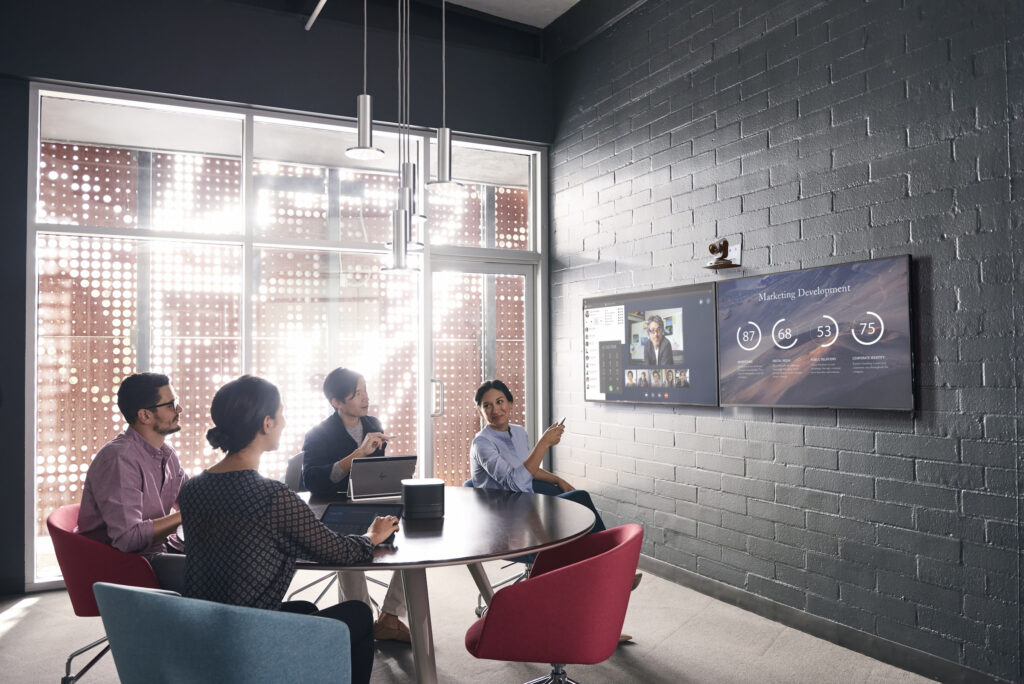Apogee recently conducted research among CIOs, HR directors, and office workers across SMEs and public sector organisations - the full findings of which can be read here. We found a deep disconnect between the expectations of employers and the needs of their employees to thrive in this new world of work. The extent of the gap is such that almost three-quarters (73%) of employees fail to strongly agree that their employer is meeting their current workplace requirements.
There are several factors fuelling this divide – but technology is at the heart of both the cause and the solution. To realise the true impact of digital workplace tools on employee performance, collaboration, and overall happiness across hybrid work settings, let’s explore a few key findings from our research:
1. Inadequate tech is hampering employee productivity at home
An overwhelming 94% of employees agree that they are less productive when working from home compared to working in the office. Such a high figure is bound to alarm managers – yet there is a consensus among employees regarding the reasons behind this. Over a third (35%) say that insufficient, slow, and unreliable workplace technology is harming their productivity at home.
Employees are largely united in their frustrations with workplace tech, but the same can’t be said for their employers. CIOs are particularly underestimating the impact of technology on workers’ efficiency at home, with 27% blaming home distractions for lack of hybrid productivity. With questions of trust and accountability coming into play here, it’s an issue that deepens the employer-employee divide.















































